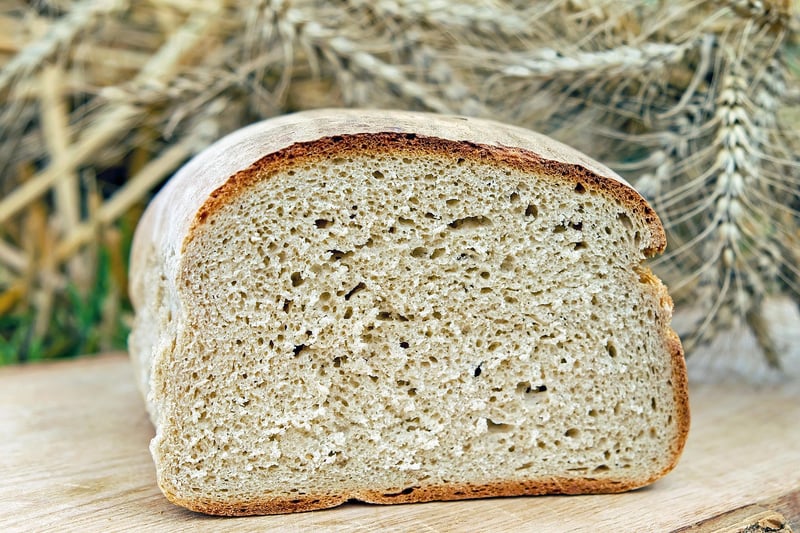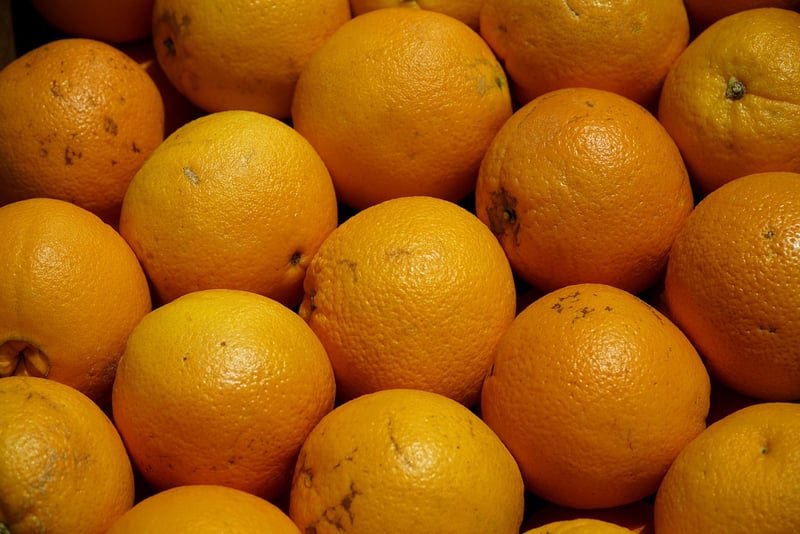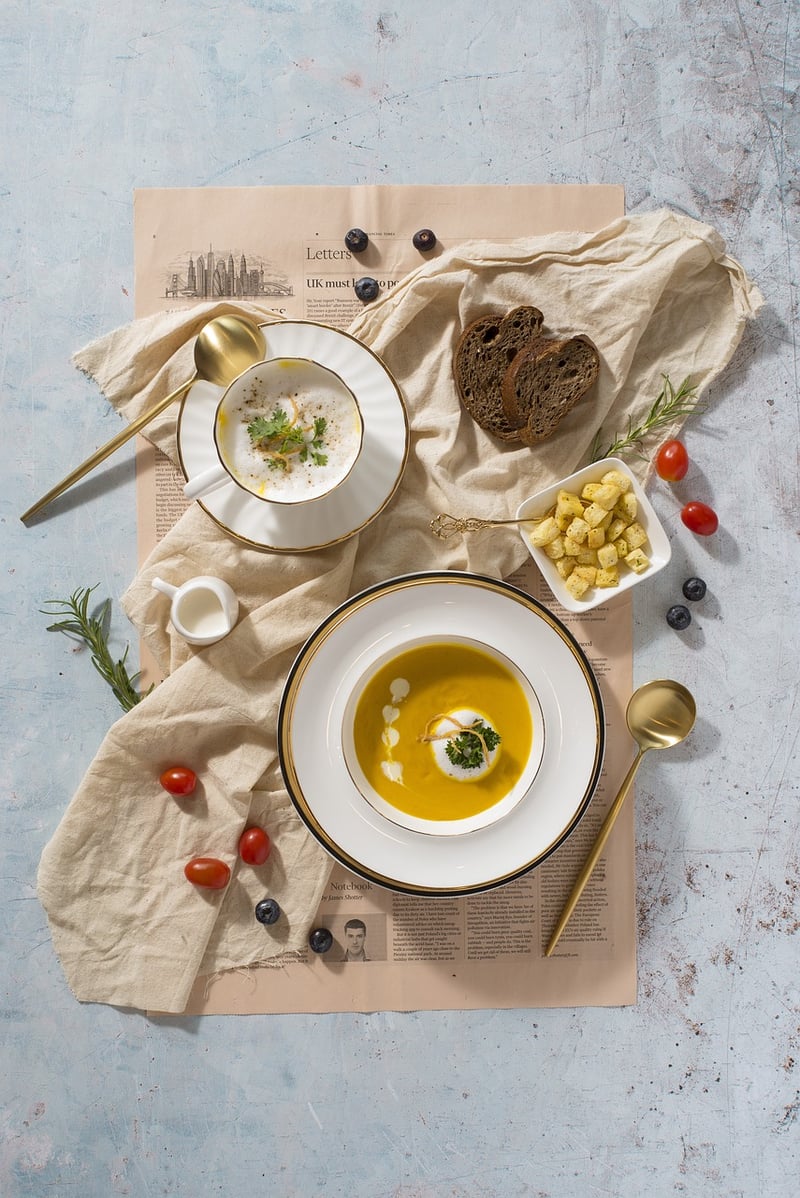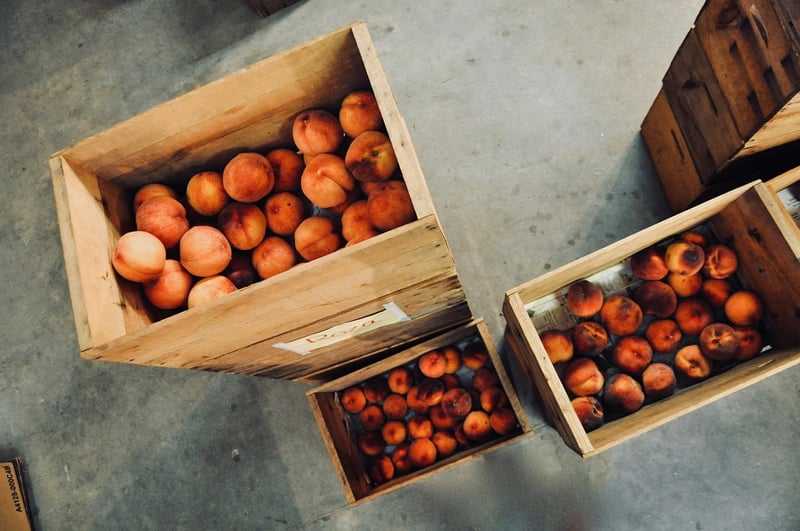Food Storage
Enhance Your Culinary Knowledge: Food Storage Tips
Whether you're a seasoned chef or a beginner in the kitchen, understanding how to properly store food is essential for maintaining freshness, flavor, and safety. Here are some expert tips and tricks to help you make the most out of your ingredients and reduce food waste.
1. Proper Storage Containers
Invest in airtight containers made of glass or BPA-free plastic to keep your ingredients fresh for longer periods. Mason jars, reusable silicone bags, and stackable containers are great options for storing grains, nuts, and leftovers.
2. Label and Date Everything
Labeling your containers with the contents and date of storage can help you keep track of what you have and when it needs to be used. This simple practice can prevent food spoilage and ensure you use ingredients before they expire.
3. Utilize the Freezer
Freezing is a fantastic way to extend the shelf life of many foods. From bread and fruits to soups and sauces, freezing can help you preserve ingredients that you may not use immediately. Make sure to use freezer-safe bags or containers and remove excess air to prevent freezer burn.
4. Store Fruits and Vegetables Properly
Some fruits and vegetables should not be stored together as they can emit gases that accelerate ripening and spoilage. For example, store ethylene-producing fruits like apples and bananas away from ethylene-sensitive vegetables like leafy greens and broccoli.
5. Keep Herbs Fresh
To keep herbs fresh for longer, trim the stems, place them in a glass of water like flowers, cover loosely with a plastic bag, and store in the refrigerator. Alternatively, you can chop herbs, mix them with olive oil or butter, and freeze them in ice cube trays for easy use in cooking.
6. Check Your Pantry Regularly
Regularly review the items in your pantry and refrigerator to identify foods that are nearing expiration. Use these ingredients in your meals to avoid waste and make space for fresh produce.
7. Avoid Overcrowding
Proper air circulation is essential for maintaining food quality. Avoid overcrowding your refrigerator, pantry, or freezer to ensure that air can circulate around the items and keep them at the right temperature.
By following these food storage tips, you can enhance your culinary knowledge, reduce food waste, and enjoy fresh, flavorful ingredients in your meals. Happy cooking!



